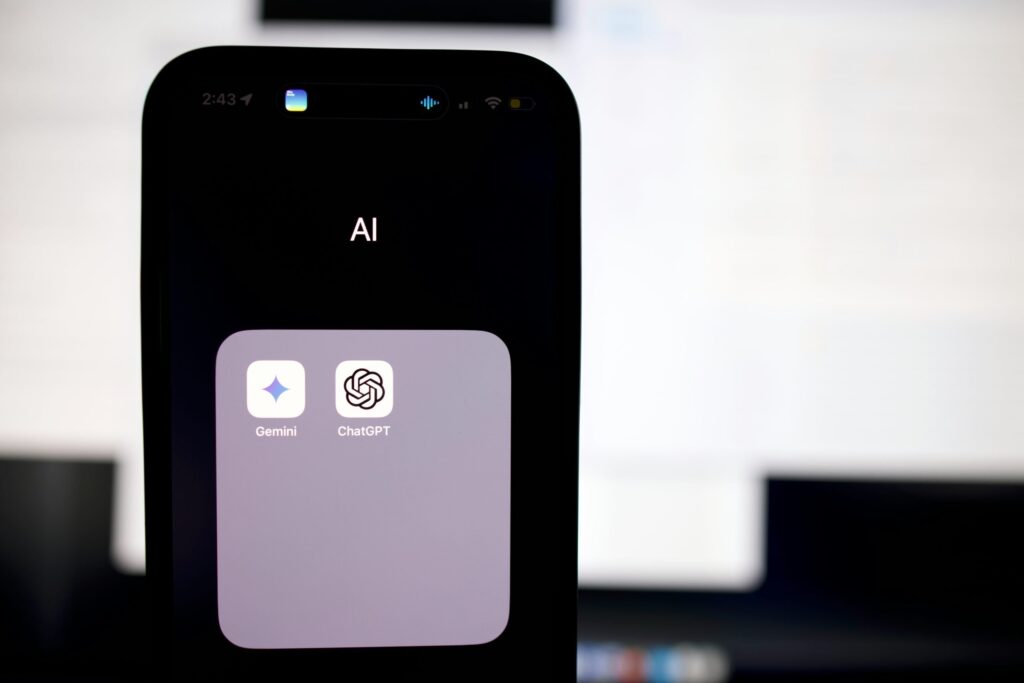
Google has announced a significant update to its Gemini AI platform, introducing enhanced memory capabilities that allow the system to remember users’ key details and preferences. This development aims to improve user experience by reducing the need for repetitive information sharing at the beginning of each interaction. The memory feature rollout begins today, primarily for the Gemini 2.5 Pro model in select countries, with plans to expand to more markets and the Gemini 2.5 Flash model in the future.
Advancing AI Memory Features
Historically, AI platforms have struggled with memory retention, which often led to frustration among users. Google’s new updates follow similar advancements made by rival company OpenAI, which has been integrating memory features into its ChatGPT since early 2024. These enhancements are designed to create a more personalized interaction, allowing Gemini to recognize users’ interests and preferences over time.
A Google spokesperson emphasized the importance of user control in this process. “Our focus has been building a personal AI assistant, and Gemini learning your preferences is key to this. Equally crucial is giving you easy controls to choose the experience that’s best for you, so you can turn this feature on and off at any time,” they stated. This approach reflects a cautious stance as Google navigates the complexities of AI memory, especially considering the potential for users to develop attachments to AI systems.
Privacy Considerations and User Control
As part of the rollout, Google is also revising its privacy settings. The former ‘Gemini Apps Activity’ setting will be renamed ‘Keep Activity’. Users who enable this feature will allow Google to utilize a sample of uploaded files and photos to enhance its services. This move raises important questions about user privacy and data management, as companies increasingly implement features that rely on personal information.
For those concerned about privacy, Gemini offers a ‘temporary chats’ option. This feature ensures that conversations are not used for future personalization or AI training, with Google retaining these chats for a maximum of 72 hours. This option provides users with a layer of security amidst the expanding capabilities of AI systems.
As AI technology continues to evolve, the balance between memory functionality and user safety remains a critical focus for companies like Google and OpenAI. While the potential for a more intuitive AI interaction is promising, the responsibility lies with developers to ensure that these advancements do not come at the cost of user well-being.







